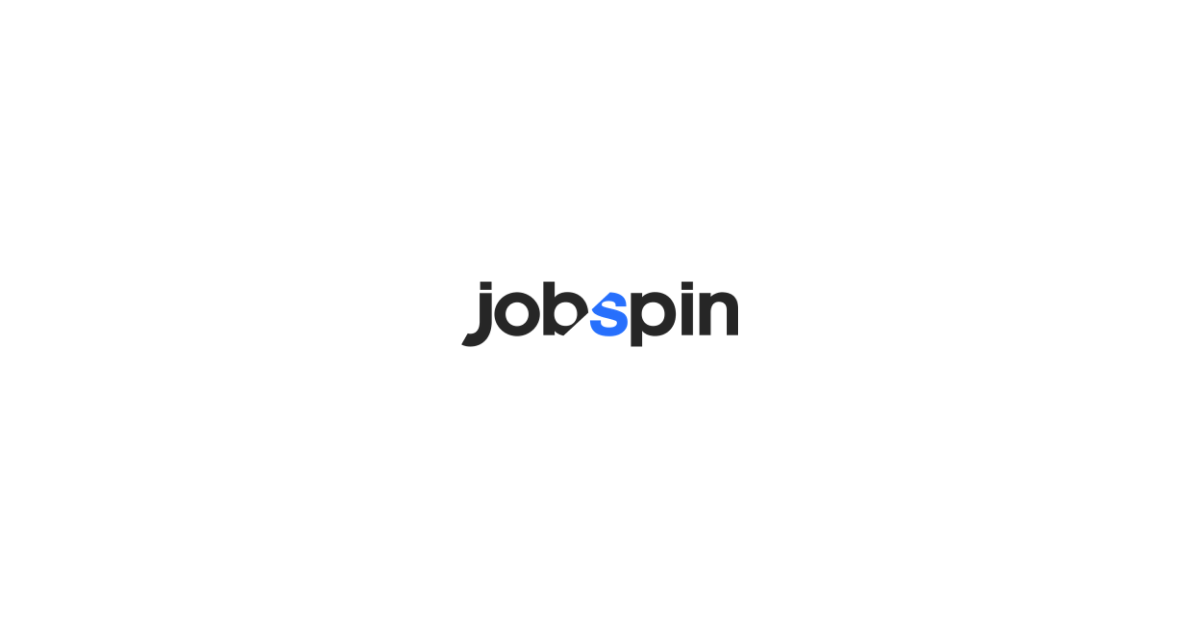
After Interview: How To Deal With Feedback – Or A Lack Of It
I was recently reading a very interesting conversation on LinkedIn about recruiters not coming back with feedback after an interview. Sounds familiar? This topic is actually discussed every month or so, which means it is not a single case. Far from that. I’ve realised that all the professionals I know who are quite active on the job market will have experienced that at least once in their life time (myself included).
“If you don’t want to be left without feedback don’t go for the interview.”
Which leads me to the observation – if you don’t want to be left without feedback don’t go for the interview. Don’t take calls from recruiters. Don’t respond to headhunting messages. Ever.
You might say: Well, but I want new, better job. I want to know what is happening in the job market. Shall I agree to spend my time with someone (recruiter, HR, line manager) who doesn’t respect me enough to at least give me un update?
 Image: Pixabay
Image: Pixabay
It goes without saying that we deserve feedback. It’s very simple – you have spent time updating your CV, attending an interview (without forgetting travelling time, which could easily add up to a half or whole day), often you have done some extra work preparing a case study or a presentation. Of course you spent your time doing research about the company and preparing for the meeting. We can count from one to a few days of an unpaid work you have done, hoping it will change your life for better. Which means you deserve this job OR feedback. Full stop.
I can easily understand you are angry, disappointed or at least frustrated when after all this voluntary work you have done, you are left in the dark. However, it doesn’t move you forward in your career.
Let’s try to look at it from a different perspective. (Those of you working in HR and as coaches will see that I am using the GROW model here.)
Goal
It’s straightforward: after you have invested your time and energy, you want a job offer or at least some feedback.
Reality
The reality is that there is a lot happening behind the scenes that you will never know about.
For example, maybe the company quite liked you, however, they are absolutely in love with another candidate, who was offered the job. Now they are negotiating the salary package. Any experienced HR or even line manager knows that it is too early to celebrate. Until the candidate formally accepts the offer, they need to keep others in the process. Usually in that case you are not completely left without feedback, but the updates you hear are quite vague. “We like you, but we need more time. Can you be patient, we will call you next week? ” (Yes you can, but the problem is that the next week you seem to experience déjà vu as you hear exactly the same things). Sometimes negotiating the salary with the other candidate takes even a moth, usually, the more senior roles, the longer it takes. Now you can understand why on earth it took them 2 months to come back to you and say “no, thank you”.
Of course this is just one and quite terrible scenario. Sometimes the company cannot make up their mind, especially if you don’t “tick all the boxes”. You might be a really good candidate but slightly too junior / too senior / too expensive and list can go on and on. Instead of immediately rejecting you, they prefer to wait and see what the other candidates are like. The company favours to have at least someone in the recruitment process, rather than not having anyone at all when looking for (in their mind) more suitable people.
“Week one (after the interview): What a great role, I’d love to join.
Week two: They are so quiet, maybe they will reject me. Actually, is it the best job for me?”
I could probably carry on with other examples and end up writing a book. Very often it’s not about you, but changes happening in the company, reorganisation, internal politics, change of business priorities, closing one location or opening another one, managers being on holiday or entangled in some other projects.
Options
What could you do?
Let’s brainstorm. I am giving you real life examples of what I have seen:
- You can vent about the company and recruiters to your friends and on social media. Here is the list of perfect places: LinkedIn – you will definitely get support of other people as disappointed as you are. Glassdoor – maybe a company will give the feedback after all, and if not, at least you will ruin a bit of their reputation. Twitter – not a bad idea, if you can keep it that short. Instagram – can you be creative about that? Oh Facebook, of course, did I mention Facebook?
- You can wait for feedback forever or pretend you don’t care about it. The problem is, we are humans and we need closings to move on. “No, thank you” serves us better than being on an emotional roller-coaster of anticipating a feedback:
“Although it is a recruiter/ HR job, not yours, you can take part of the responsibility of getting feedback.”
Week one (after the interview): What a great role, I’d love to join.
Week two: They are so quiet, maybe they will reject me. Actually, is it the best job for me?
Week three: Still, no feedback. So unprofessional. Well, in that case even if they call me now, I won’t take this job.
Week four: Unbelievable , they still didn’t call. It’s a shame, because I really liked the line manager and the salary was good.
- Although it is a recruiter/ HR job, not yours, you can take part of the responsibility of getting feedback. At the end of the each interview, you can agree on a specific date (and even better the time) for the feedback call. I would really take my time here, double confirm it, and even write it down in my diary. If you don’t hear from the company in the specific time frame, you can call them. Very often job seekers ask me ‘’won’t that look I am really desperate to take this job?’’ Well, if you agreed to the steps before, it portrays you as an assertive person who knows what she/ he wants and deserves.
- You don’t over attach to this specific job opportunity, but pursue other roles in the same time. How many? The more the better – five (of other interviews) is a good number. No time? Think twice. You have already spent a lot of time perfecting your CV and LinkedIn profile, writing a cover letter, preparing yourself for the interview, maybe even taking an extra language classes, or doing more research about the country if the job is abroad. There is no better time than now to leverage that and apply for other roles. You can read more about it HERE .
- What else could you?
- And what else?
Will do
Now, what WILL YOU DO? Try to separate your emotions and think about what are the options available that will serve the best for your career. I am really curious to hear what will you do or maybe what have you done in the past and what was the result from your experience.
Written by: Beata Dziedzic, Expats Career Coach
Beata Dziedzic is a career development coach who helps expats discover their niche skills, build a powerful online brand and find a career they will love. More about Beata here.
Title image: Pixabay.com
If you have any questions or comments, feel free to contact me on social media:
Facebook: goCoachify
Twitter: @GoCoachify
Instagram: Coachify
LinkedIn Group: Recruitment Marketing by Coachify
Access Coachify’s best information, including exclusive workshops, content and case studies.



